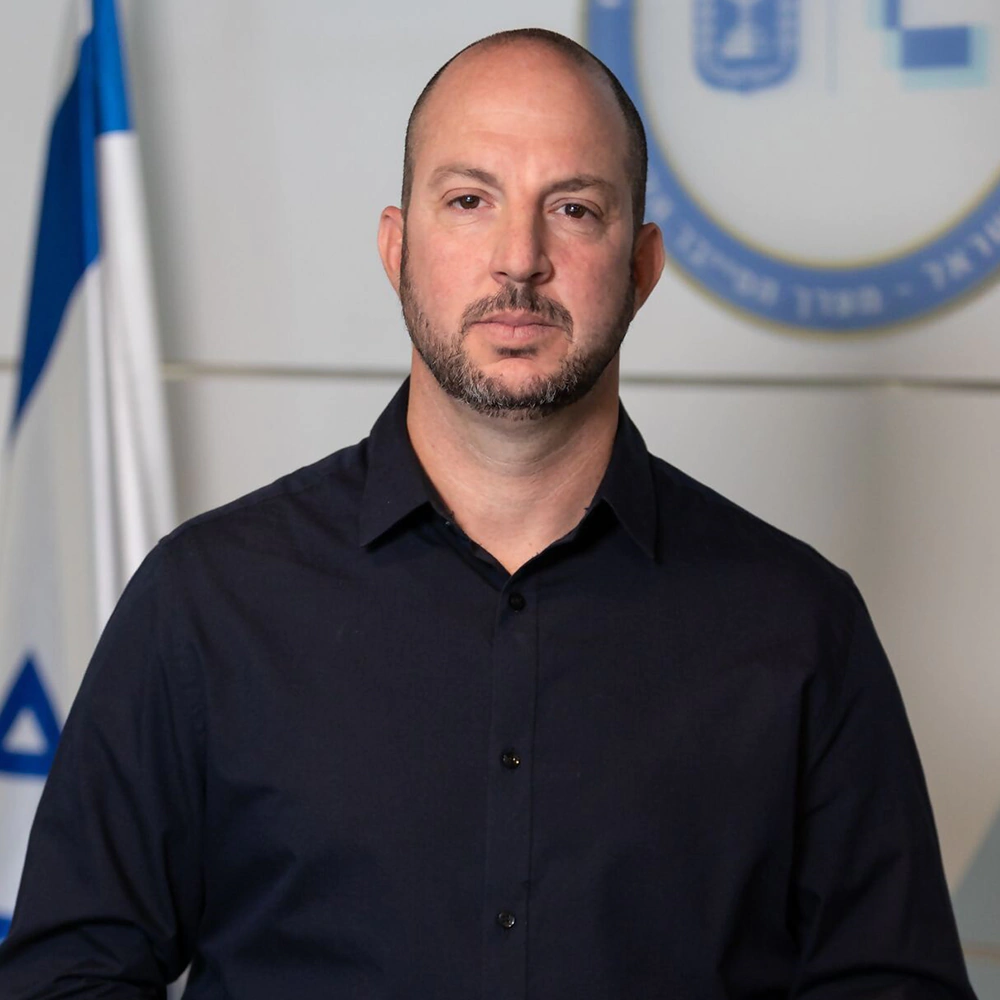The internet is a massive space consisting of devices connected with each other through networks of networks.
Once these devices connect to the internet, they're assign unique addresses, allowing them to be reached from any other devices on the internet.
But that simple explanation results in a complex list of activities that are both imaginable and unimaginable.
Anything can be shared and posted, and contents are so diverse that misinformation, malinformation and disinformation have become common and sometimes indistinguishable from legitimate facts, and that the boundaries between private and public are also blurring.
This is why governments have to step in.
And according to Erez Tidhar, this is "part of a common cyber security practice in the world."

Tidhar, the executive director and head of Israel National Cyber Directorate, said that the Israel government monitors its cyber space.
"By doing so, we find a lot of vulnerabilities in systems, which helps us call those entities, [for instance] small and medium enterprises, and tell them they are exposed to an attack through this vector of entrance and ask them to patch it up or close it. We expect them to follow our advice and we have a huge success in it."
In short, the police are everywhere, despite that they're not physically present.
While agencies around the world can either or both deploy offensive and defensive tactics, Tidhar said that CERT (the Israeli Cyber Emergency Response Team) is mainly defensive, and that INCD deals with defense only.
According to him, there is a law in Israel where critical infrastructure must follow the set of rules the government has established for them. All critical infrastructures in Israel are obliged to match up to the standards that the agency decides for them.
Essential services, which is one level below, are under the regulators’ authority, which are the government offices and ministries, who decide the level of protection needed.
But regarding privacy, this is a different matter, and according to him, it's "something hard to digest."
"Because privacy is something hard to keep and people voluntarily put a lot of private information on the net without realizing it."
"Privacy has to be a personal responsibility and everyone should be responsible for their own private information. Whatever you have to give away, do it in a secure way."
Erez Tidhar clarified that the INCD is a professional organization that deals only with cyber defense, and that it's not a political organization whatsoever.
What this means, despite the Prime Minister of Israel is in charge of the agency, he cannot give the agency any program to work on.
Tidhar also went on to explain that the world has come to realization of how far Israeli's Iron Dome is capable of.
In fact, the Iron Dome is already synonymous with Israel’s defense capabilities.
What many people don't know is that, Israel also has what it calls the Cyber Dome. Just like the Iron Dome, it's also a multilayered vector that works to defend the basics and the highest-level critical infrastructure of Israel.
"Cyber is a global war and it does not affect only one country," he said.
"Today, if the attackers are at my borders, tomorrow they will be thousands of kilometers away, attacking another country. We are ready to assist anyone, because tomorrow we will need that assistance as well."